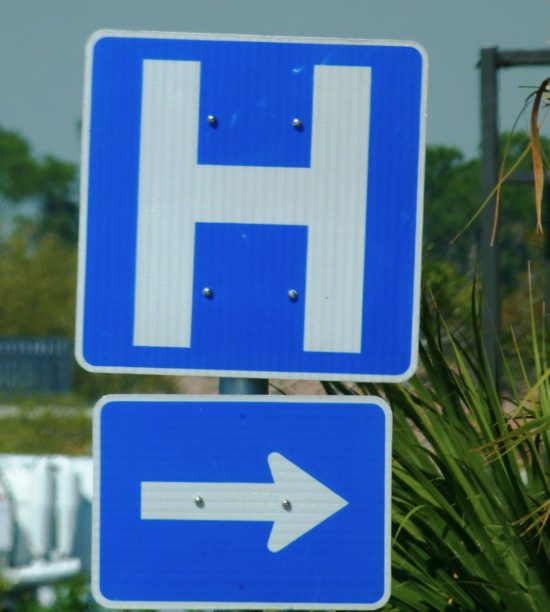
March 23, 2017; Modern Healthcare
In a 19-page unanimous decision, the Illinois Supreme Court has overruled a state appellate court that had declared unconstitutional a 2012 state law that exempts nonprofit hospitals from paying property taxes. Specifically, the law exempts nonprofit hospitals when the value of their charitable services exceeds the value of the property taxes that would be collected if the hospital were not tax-exempt. However, the supreme court did not rule explicitly on the constitutionality of the law itself, and remanded the case back to district court for further litigation.
Carle Foundation Hospital has sued the city of Urbana, Illinois, and other taxing authorities, claiming that the 2012 tax exemption law applied retroactively, meaning that the hospital was due a refund of property taxes paid since 2004. Based on a reading of the supreme court’s decision, the hospital’s litigation is complex, involving multiple local governments and many distinct actions taken at various times by all parties since 2004. The supreme court’s decision was a technical one, declaring that the appeals court exceeded its authority in ruling on the 2012 law’s constitutionality as a separate issue from the rest of the case.
Sign up for our free newsletters
Subscribe to NPQ's newsletters to have our top stories delivered directly to your inbox.
By signing up, you agree to our privacy policy and terms of use, and to receive messages from NPQ and our partners.
The hospital was cautious in its welcoming of the ruling. “While Carle, along with all Illinois hospitals, would like this important issue resolved, it respects the court’s decision to rule on a procedural matter and to not issue an opinion on the constitutionality of the 2012 law at this time,” the hospital said in a statement Wednesday. Carle plans to retry the suit in Champaign County Circuit Court.
The underlying issue yet to be resolved is what constitutes “charity” for an Illinois nonprofit hospital when considering its exemption from property taxes? Attorneys for the city of Urbana claim the 2012 law is unconstitutional because it goes too far by assigning a value to the tax exemption, rather than the state constitution’s use of the term “exclusively” when referring to charitable activity. The state’s hospital association had hoped the supreme court would rule on the 2012 state law’s constitutionality, but were “delighted” with the technical ruling maintaining the tax exemption law for the time being.
Though the decision might appear to be promising for Illinois’s nonprofit hospitals, the supreme court’s action wasn’t about tax exemption, but about the limits of authority of a state appeals court. The Illinois Supreme Court’s decision on narrow technical grounds leaves open the very likely possibility that it will hear the case again once the lower courts deal with all the issues involved. Nonprofit hospitals and local governments in Illinois will have to wait a while to find out how much charity qualifies a nonprofit hospital to be exempt from property taxes.—Michael Wyland












